Optimal Timing for Sound Proofing Projects
Sound proofing is most effective when implemented during specific periods that allow for optimal installation conditions and minimal disruption. Understanding the timing can enhance the efficiency and longevity of soundproofing measures.
Spring and fall often provide moderate weather, ideal for installation without extreme heat or cold affecting materials.
Planning soundproofing during periods of lower construction activity can lead to faster completion and less interference.
Avoiding installation during high humidity or rainy seasons helps prevent material warping and ensures better adhesion.
Performing soundproofing when buildings are less occupied reduces inconvenience to occupants and allows for more flexible work schedules.

Various materials like acoustic panels, insulation, and barriers are used for effective soundproofing.
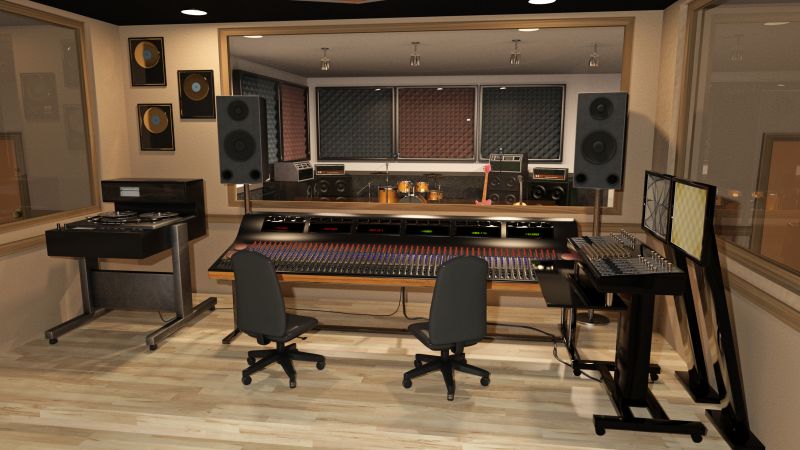
Proper installation techniques are crucial for maximizing soundproofing performance.
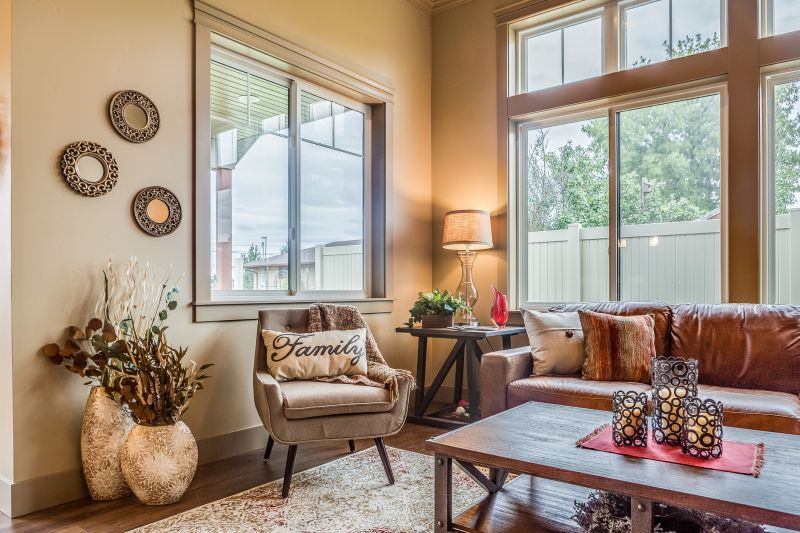
Visual comparisons demonstrate the effectiveness of soundproofing measures.
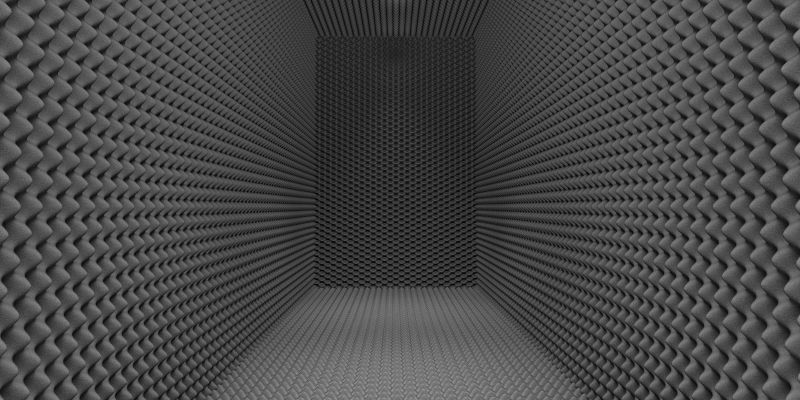
Examples of soundproofing in residential and commercial spaces.
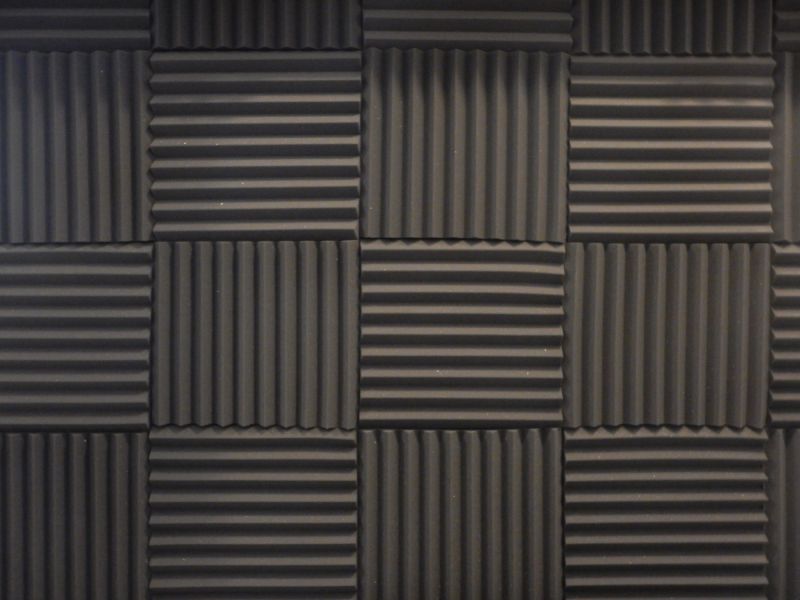
Ways to make Sound Proofings work in tight or awkward layouts.
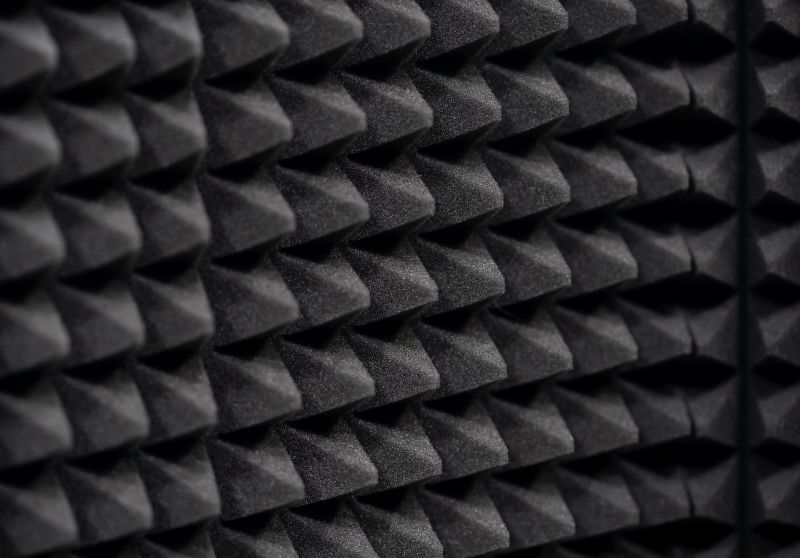
Popular materials for Sound Proofings and why they hold up over time.
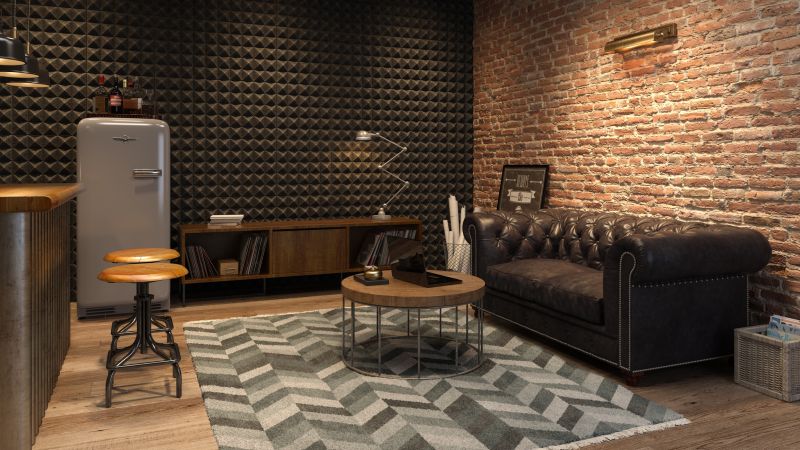
Simple add-ons that improve Sound Proofings without blowing the budget.
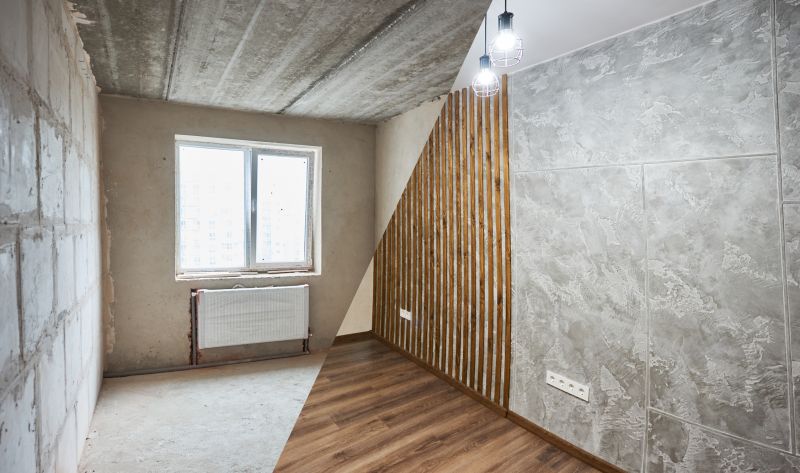
High-end options that actually feel worth it for Sound Proofings.
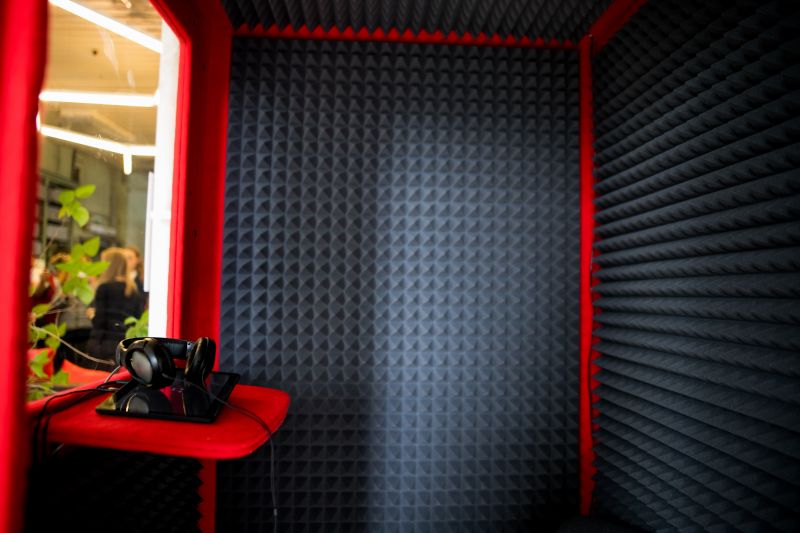
Used to absorb sound waves and reduce echo within a room.
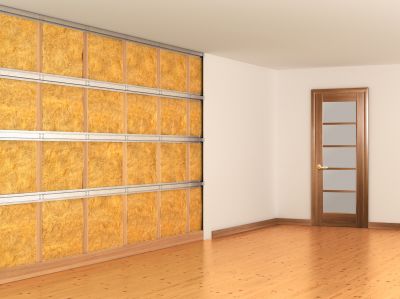
Installed within walls and ceilings to block noise transmission.
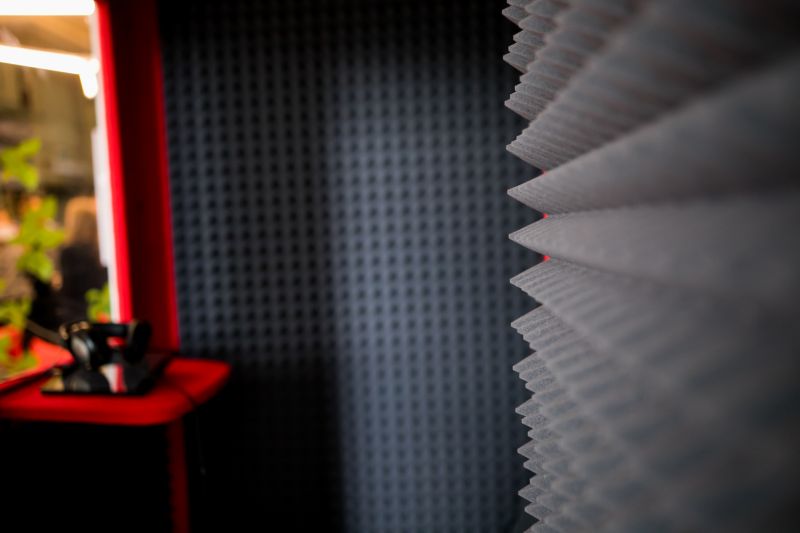
External barriers that prevent noise from entering or leaving a space.
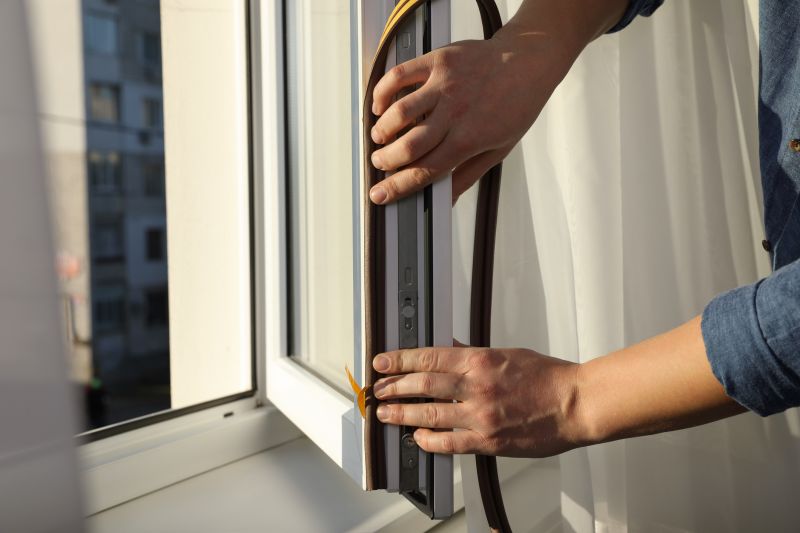
Effective sealing around doors and windows prevents sound leaks.
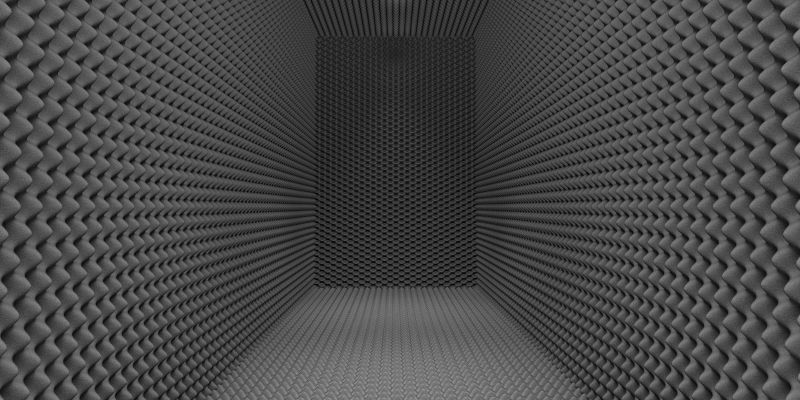
Finishes and colors that play nicely with Sound Proofings.
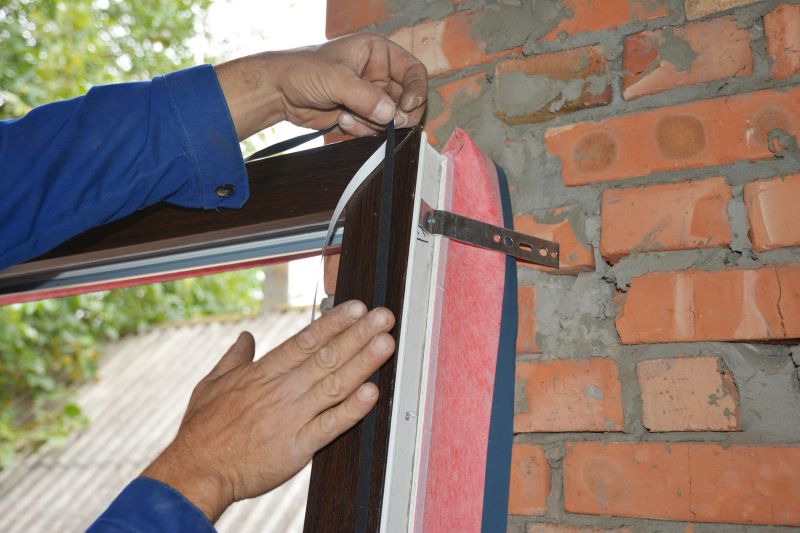
Little measurements that prevent headaches on Sound Proofings day.

A 60-second routine that keeps Sound Proofings looking new.
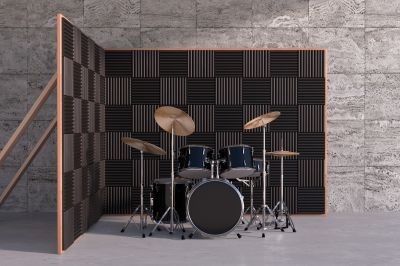
A frequent mistake in Sound Proofings and how to dodge it.
| Timing Factor | Impact on Sound Proofing |
|---|---|
| Weather Conditions | Optimal installation occurs in moderate weather to prevent material issues. |
| Occupancy Levels | Lower occupancy periods reduce disruption and facilitate work. |
| Material Supply | Timing with material availability ensures project continuity. |
| Project Scale | Larger projects benefit from scheduling during off-peak periods. |
| Environmental Factors | Avoid installation during high humidity or rain to maintain material integrity. |
| Seasonal Timing | Spring and fall are preferred for their mild weather conditions. |
Choosing the right time for soundproofing projects can significantly influence their effectiveness and efficiency. Considering seasonal weather patterns, occupancy schedules, and material availability ensures optimal results. Proper planning minimizes disruptions and enhances the durability of soundproofing solutions.
